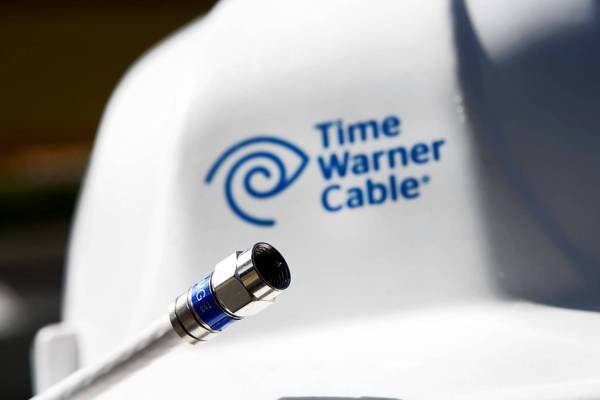Time Warner Cable earlier this year said that it just doesn’t see why it should create a high-speed fiber network on par with Google Fiber since most of its customers just don’t “need” that kind of speed. However, a new study from Cisco shows that even if we don’t “need” to have super-fast networks right this instant, we definitely will in the near future as more and more people watch their video online instead of through cable boxes or over the air.
According to Cisco’s estimates, video traffic will account for 84% of all Internet traffic by 2018, up from the 78% it accounts for today. What’s more, Cisco says that the total amount of traffic on the web will jump from the 15 exabytes that it averaged in 2013 to 37 exabytes per month in 2018. That’s a big surge in traffic and most of it will be due to the growth in online video from Netflix, Amazon and other online video services.
Time Warner Cable, Comcast and other ISPs surely know that they’ll have to improve both their interconnection infrastructureand their overall network capacity to meet this high demand but they’d really prefer to not pay for it all by themselves, which is why they’re trying to get Netflix and other companies that they decry as “bandwidth hogs” to pay up.
Cable companies also can’t be particularly eager to upgrade their networks since online video is threatening to disrupt their own traditional video services and eat into their profits — after all, we’ve seen that relying on Netflix and Hulu for your TV fix will save you a ton of money compared to some of the pricey bundle packages that give you hundreds of channels that you’ll never watch.
So whenever you hear Time Warner Cable or some other cable company claiming that there’s absolutely no reason for them to upgrade their footprint to fiber, then it’s safe to assume that they’re bluffing. Because if they’re not, then it means they’re whistling past their own graveyards.






